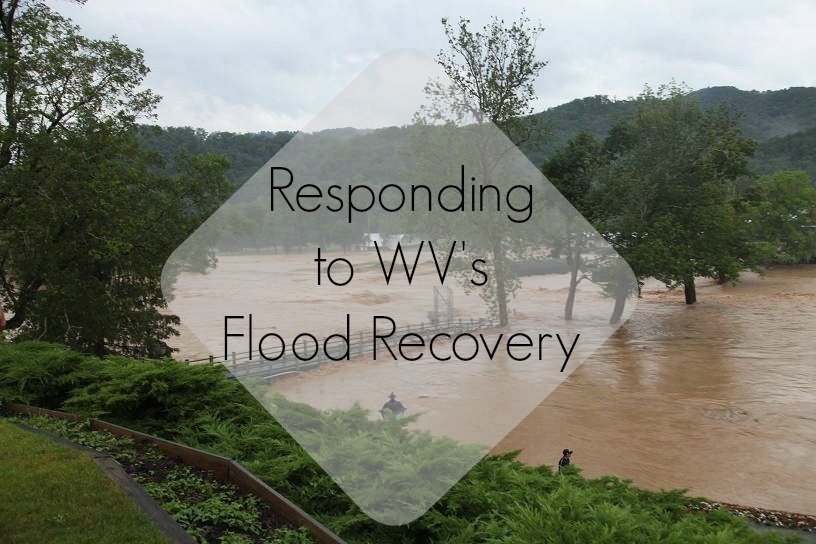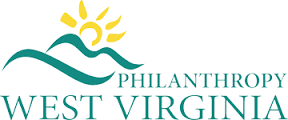Don’t Forget West Virginia: An Opportunity for Resilient Investments
When asked about the recent political national conventions, one West Virginia citizen remarked, “There’s a convention going on?” You can’t blame her for not being up-to-date on current events, since she is still figuring out what’s next to recover from the massive flooding one month ago in West Virginia. For this citizen and 3,000 others, they are trying to […]
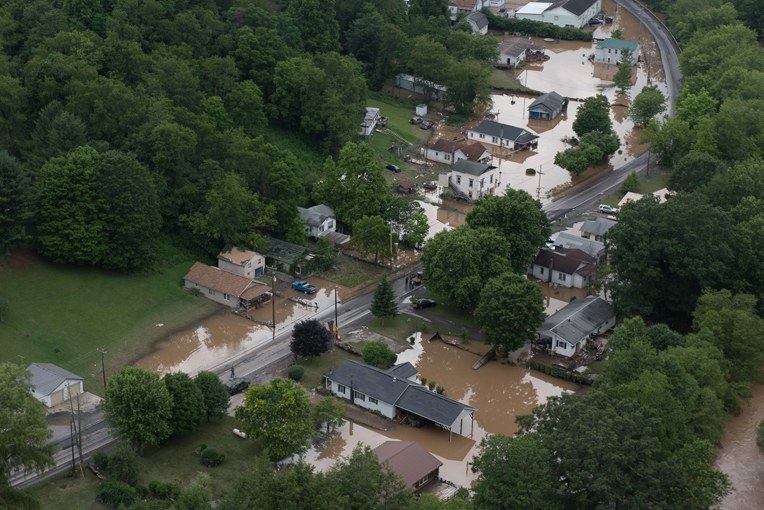
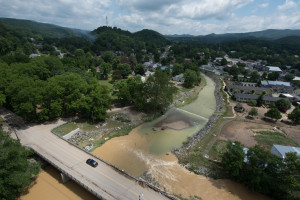 When asked about the recent political national conventions, one West Virginia citizen remarked, “There’s a convention going on?” You can’t blame her for not being up-to-date on current events, since she is still figuring out what’s next to recover from the massive flooding one month ago in West Virginia. For this citizen and 3,000 others, they are trying to find answers to a variety of questions, such as: How do we rebuild? What is FEMA covering? Is my insurance going to come through? What’s the plan? How do we rebuild our homes, businesses, and neighborhoods?
When asked about the recent political national conventions, one West Virginia citizen remarked, “There’s a convention going on?” You can’t blame her for not being up-to-date on current events, since she is still figuring out what’s next to recover from the massive flooding one month ago in West Virginia. For this citizen and 3,000 others, they are trying to find answers to a variety of questions, such as: How do we rebuild? What is FEMA covering? Is my insurance going to come through? What’s the plan? How do we rebuild our homes, businesses, and neighborhoods?
The national news crews have packed up, and emergency centers are now wrapping up, but the greatest needs and challenges for West Virginia still lie ahead. These challenges relate to how to rebuild and make West Virginian communities thriving places again, not just how to survive after such a tremendous natural disaster. I recently joined a team of religious, nonprofit, and local leaders touring parts of Greenbrier County, which is just one of the many counties horribly impacted by the flooding. These are communities that are rural, but serve as the economic, social, and civic centers for the citizens of these beautiful and proud communities. It is important to note that these communities have already been knocked down over the past few years by major declines in the economy, primarily the coal economy. The flooding was a second insult that is taking away hope and resilience that is so greatly needed.
I stood in the home of a young mother who has been working to buy her home on a lease-to-own contract. She was a few weeks away from fully owning the house. However, FEMA has repeatedly denied her request for assistance necessary to restore her home and possessions and take care of her children. She has been working hard to take care of herself and her children and now has to deal with being forgotten by the very agencies who should be helping her the most. I saw her commitment and passion to rebuild, and to take care of her family but, at the same time, I could hear the pain in her voice of getting knocked down again. This is not acceptable in our society and solutions are needed.
I personally walked and drove by homes, businesses, houses of worship, schools, libraries, day care centers, local government, and neighborhoods. The devastation is unbelievable, but there are still many residents with great energy and a desire to rebuild. Now is the time that investments are needed for long-term recovery organizations, home repairs and rebuilding, business capacity, re-opening and rebuilding schools, family assistance, and much more is needed before normalcy is fully restored.
We are keeping the local, state, regional and national philanthropic community engaged by hosting a weekly #WVFloodRecovery call at 12 p.m. ET each Friday. The calls provide updates on recovery efforts and highlight where assistance is desperately needed. You can join us by emailing info@philanthropywv.org to be invited. We invite our national network of philanthropy to partner with our local philanthropic community in making resilient investments in communities that can thrive with the right support. Our website, www.philanthropywv.org, also has a page listing the resources and various ways to support recovery efforts. While the West Virginia floods are not in the headlines or media limelight now, the needs still remain. The investments that are made by our peers locally, regionally and nationally will shine the light on tremendous people and communities that will rebuild, giving us all hope for the future.
More like this
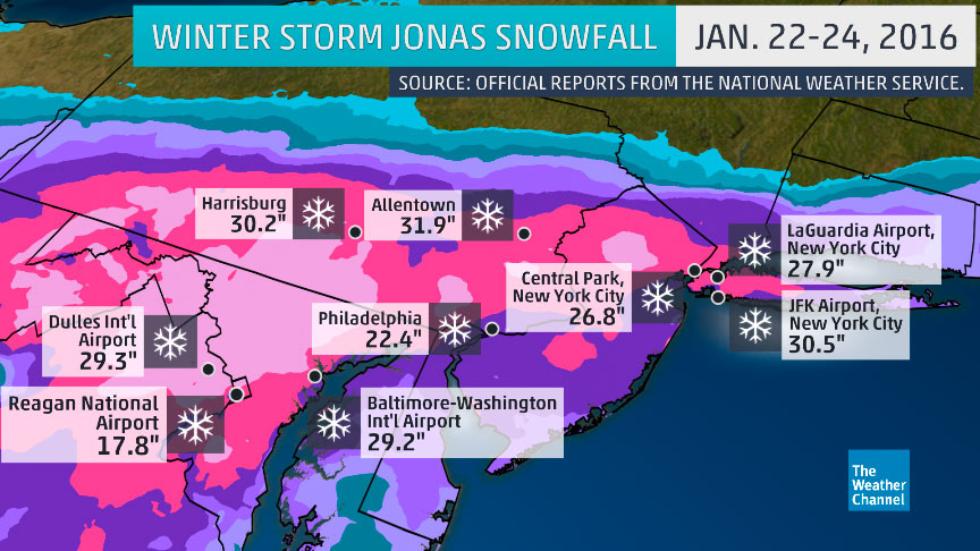
Historic Winter Storm in Northeast
